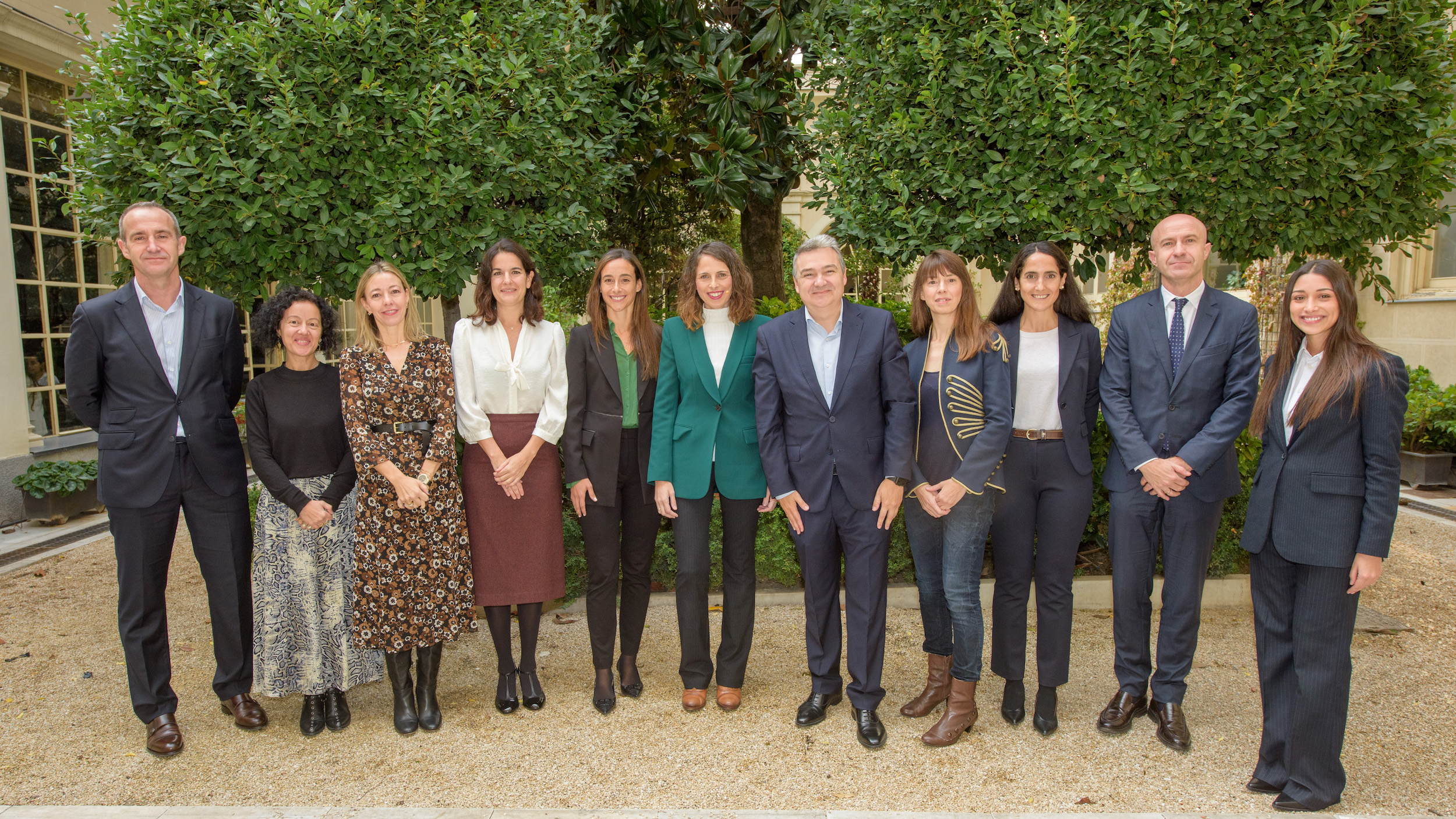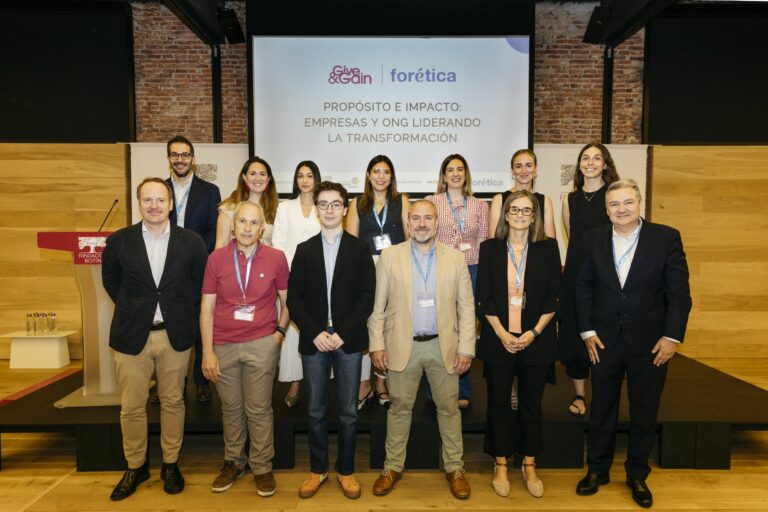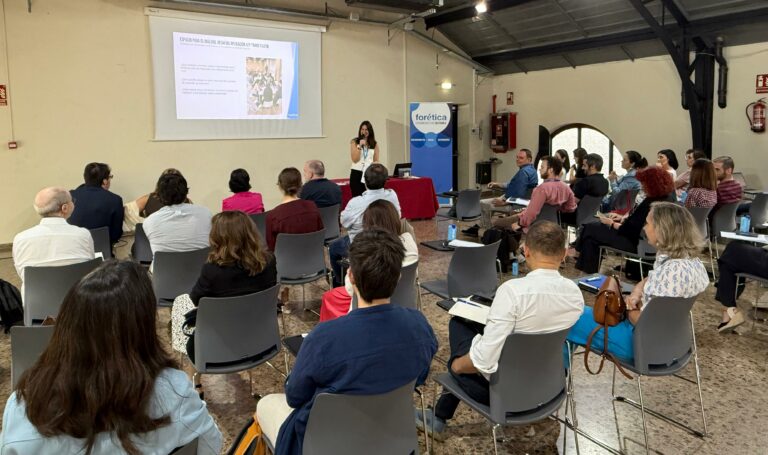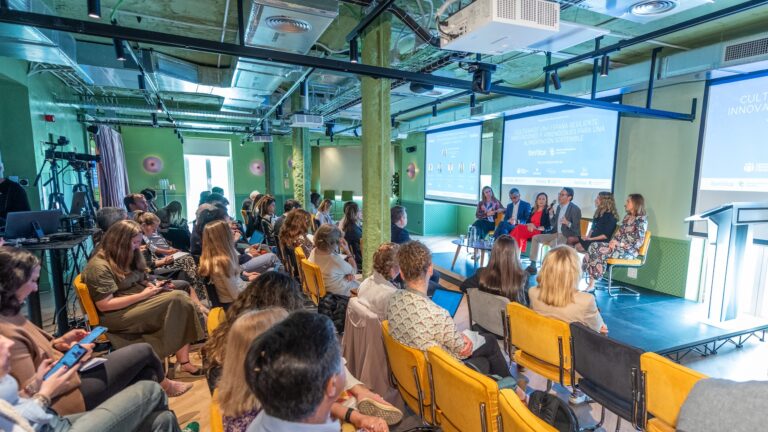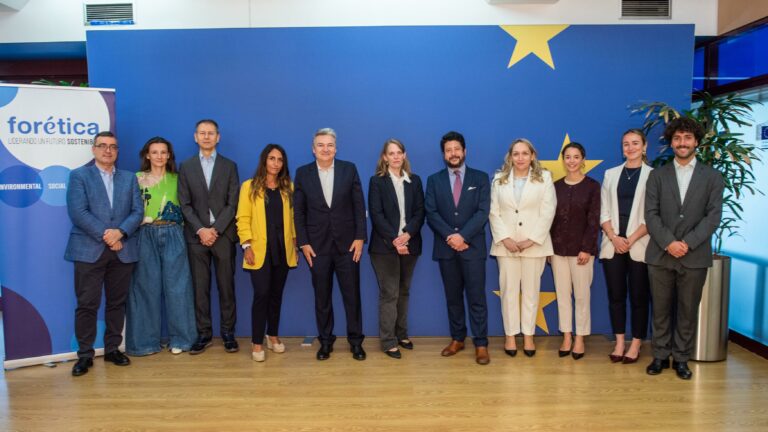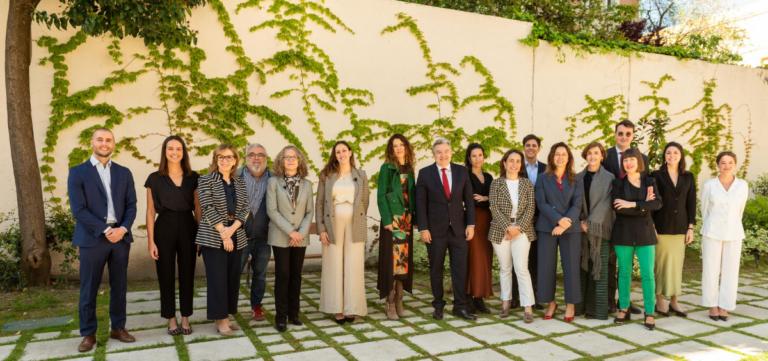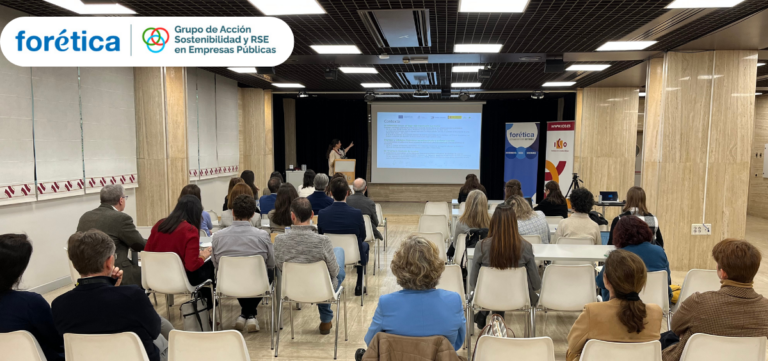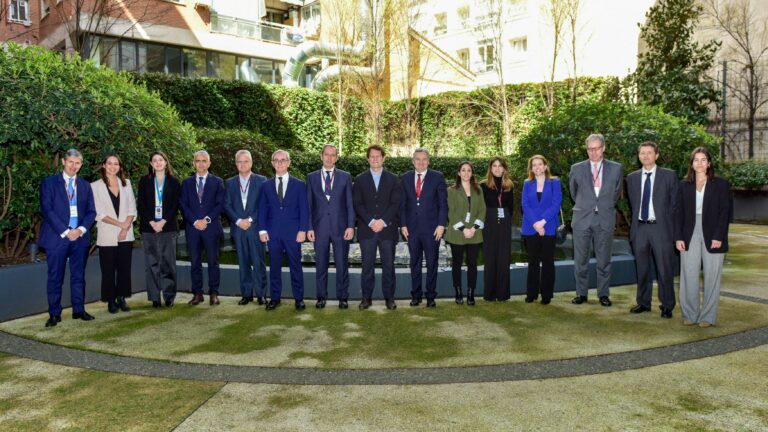- Forética presenta el informe ‘Transición energética en las ciudades. Las palancas de cambio hacia la transformación’ en el marco de la iniciativa ‘Ciudades Sostenibles 2030’, con 20 empresas y entidades aliadas
- El informe analiza cuatro áreas fundamentales para avanzar en la transición energética en las ciudades: urbanismo, edificación, servicios urbanos y hábitos de vida y consumo
Forética ha presentado el informe ‘Transición energética en las ciudades. Las palancas de cambio hacia la transformación’ en el marco de la iniciativa Ciudades Sostenibles 2030 -liderada por Forética y compuesta por un total de 20 empresas y entidades, encabezadas por CEMEX, ENGIE, Metrovacesa y Sanitas.
Aunque ocupen un 3% del territorio global, las ciudades representan alrededor del 75% del uso final de energía y el 70% de las emisiones totales de gases de efecto invernadero. Dentro de las urbes, se consumen aproximante el 75% de los recursos naturales y se generan el 50% de los residuos globales. En este contexto, la colaboración público-privada en el entorno urbano es imprescindible para poder asegurar la evolución de las ciudades hacia entornos más saludables y sostenibles. Las empresas se encuentran en esa senda de transformación, liderando las nuevas estrategias de sostenibilidad urbana y de transición energética.
El informe publicado por Forética en el marco de la iniciativa ‘Ciudades Sostenibles 2030’ aborda la transición energética desde cuatro puntos de vista diferentes: el energético, el de la construcción, el del urbanismo y el de la salud. Forética ha analizado cuatro áreas clave donde las empresas y la administración pública pueden y deben actuar para avanzar en la transición energética en las ciudades: urbanismo, edificación, servicios urbanos y hábitos de vida y consumo.
En la Unión Europea, ya se ha dado un primer gran paso hacia ese cambio energético. En octubre de 2023 se aprobó la actualización de la nueva directiva sobre energías renovables. Su objetivo es aumentar el consumo de este tipo de energía hasta un 42,5% en el año 2030, con un intento de llegar al objetivo potencial de un 2,5% más, es decir, un 45% de consumo para 2030 de energías renovables.
La iniciativa Ciudades Sostenibles 2030 está liderada por Forética y compuesta por un total de 16 empresas y entidades, encabezadas por CEMEX, ENGIE, Metrovacesa y Sanitas. En dicha iniciativa también participan Accenture, Adif, Amazon, Enagás, Ferrovial, Holcim, Iberdrola, Metro Ligero Oeste, Microsoft, Sacyr, Savills y Santander.
Como aliados, forman parte de la iniciativa a nivel global el World Business Council for Sustainable Development (WBCSD), a nivel nacional la Fundación CONAMA y a nivel local el Foro de Empresas por Madrid y la asociación Madrid Capital Mundial de la Construcción, Ingeniería y Arquitectura. Asimismo, Forética mantiene alianzas estratégicas con encuentros de relevancia internacional en este ámbito como la Smart City Expo World Congress, que se celebra estos días en Barcelona con Forética como organización colaboradora, o el Foro de las Ciudades, en sus distintas ediciones.

